Our New Range
We’ve given our skincare an overhaul, streamlining our range, increasing sustainability and reducing the environmental impact of our packaging. It’s now better than ever, for your skin and our environment.
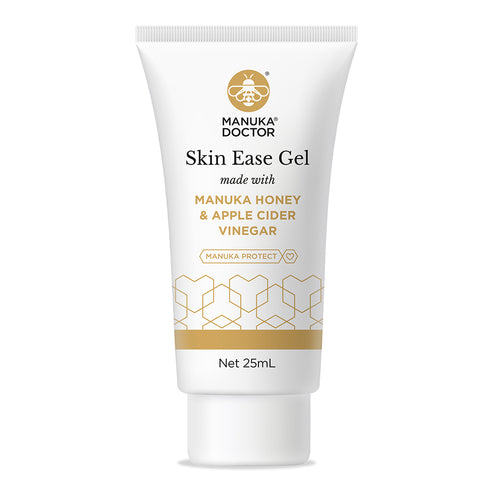 50% off
Bites & Stings - Skin Ease Gel
50% off
Bites & Stings - Skin Ease Gel
£6.00 was £12.00
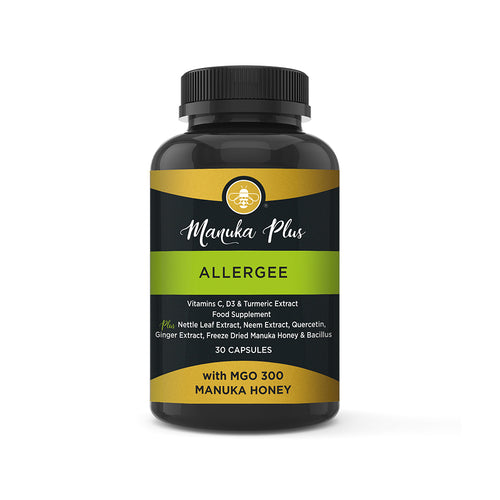 10% off
30 Day Supply - Allergy Relief Supplement
10% off
30 Day Supply - Allergy Relief Supplement
£6.30 was £7.00
Still to spend for free shipping: £65.00
 50% off
Bites & Stings - Skin Ease Gel
50% off
Bites & Stings - Skin Ease Gel
£6.00 was £12.00
 10% off
30 Day Supply - Allergy Relief Supplement
10% off
30 Day Supply - Allergy Relief Supplement
£6.30 was £7.00
Manuka Doctor skincare products are made with sustainable and genuine Manuka honey, certified by the New Zealand Government to an incredibly high standard providing you with the most pure and reliable natural ingredients all the way from our hives to your home.
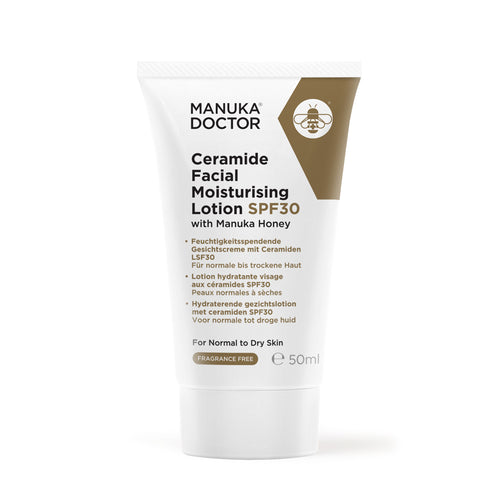
Ideal for ageing skin, dry skin and sensitive skin
£20.00


Age-defying night cream to help firm, refine & replenish skin
£12.50 was £25.00
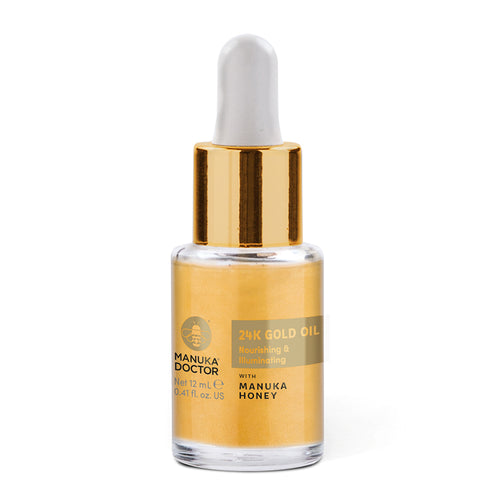

After just one application skin is visibly brighter & radiant
£20.00
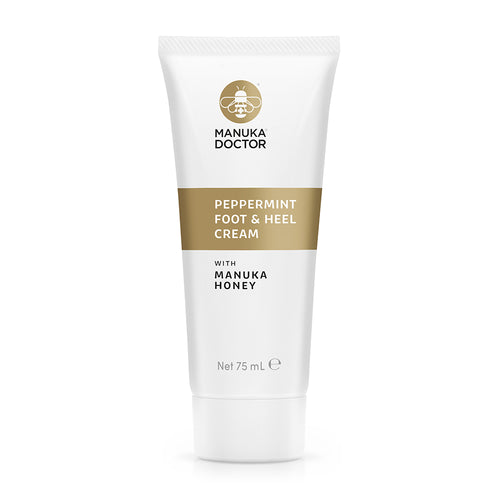
Rich moisturising cream for dry or swollen feet
£15.00

Moisturising formula for all skin types
£22.50
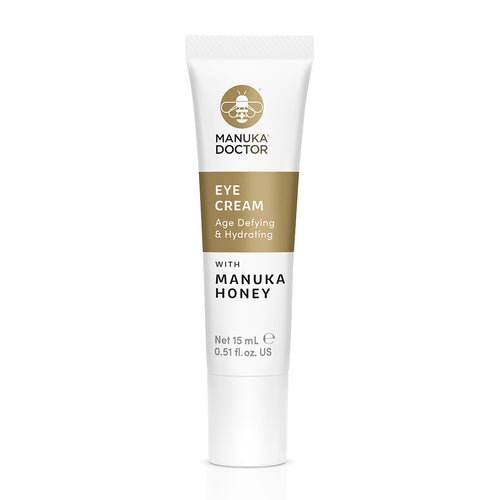

Our award-winning eye cream that targets dark circles & wrinkles
£10.00
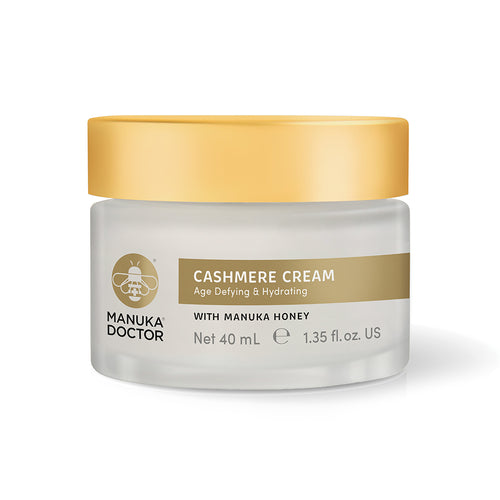 50% off
50% off
Silky soft age-defying day cream
£15.00 was £30.00
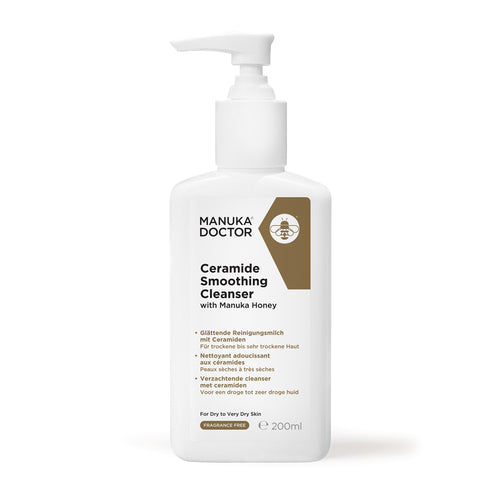
A gentle foaming gel cleanser for dry complexions.
£20.00


Rejuvenating & hydrating serum. Leaves skin looking & feeling younger
£20.00
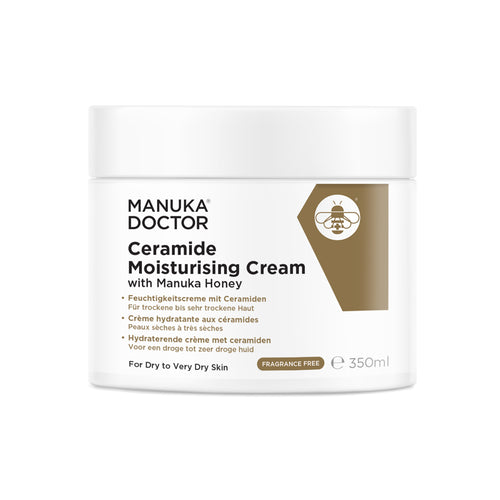
An ultra-moisturising cream for dry to very dry skin.
£20.00


BACK BY POPULAR DEMAND!
£25.00
 50% off
50% off
Increase lip volume in just 5 minutes. Intensely moisturising
£7.50 was £15.00
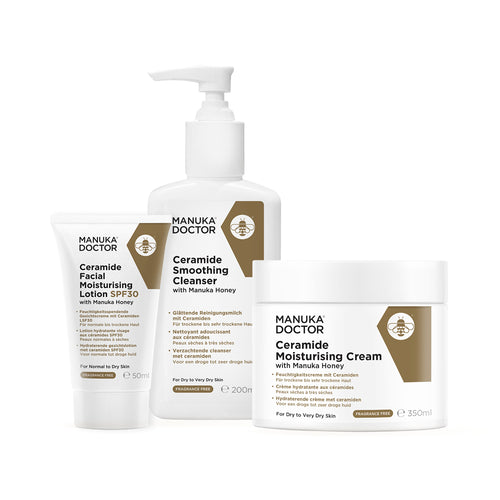 54% off
54% off
FREE UK P&P. No further discounts on this product.
£27.50 was £60.00
Shop the products that Manuka Doctor customers know, recommend and love.
Manuka honey is truly a gift from nature with amazing properties for
skin and wellbeing! It can support a range of skin complaints and is suitable for all skin types including the biggest concern of all, anti-ageing! You can of course create skin treatments at home with your pot of Manuka honey but our skincare range makes it much more convenient to harness this wonder ingredient for your skin.
The MGO found in Manuka honey gives it greater antimicrobial properties than other honeys, which means it’s better able to fight skin conditions like acne and rosacea. Being anti-inflammatory, it can also help soothe red, irritated skin.
Manuka honey is packed with natural antioxidants that help ward off damage caused by free radicals, such as the appearance of wrinkles, making it the perfect anti-ageing ingredient.
You can also tackle dry skin with Manuka, as it has moisturising properties that soothe, smooth and plump up dry skin.
We’ve given our skincare an overhaul, streamlining our range, increasing sustainability and reducing the environmental impact of our packaging. It’s now better than ever, for your skin and our environment.

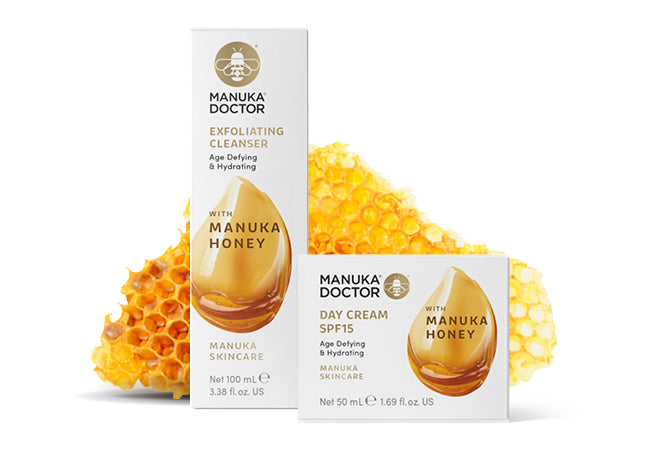
We work with leading independent research centres around the world to ensure all our products are the most high performing, reliable and hard-working as they can be. Many of our products have been subject to additional clinical trials to prove their efficacy and skincare benefits.
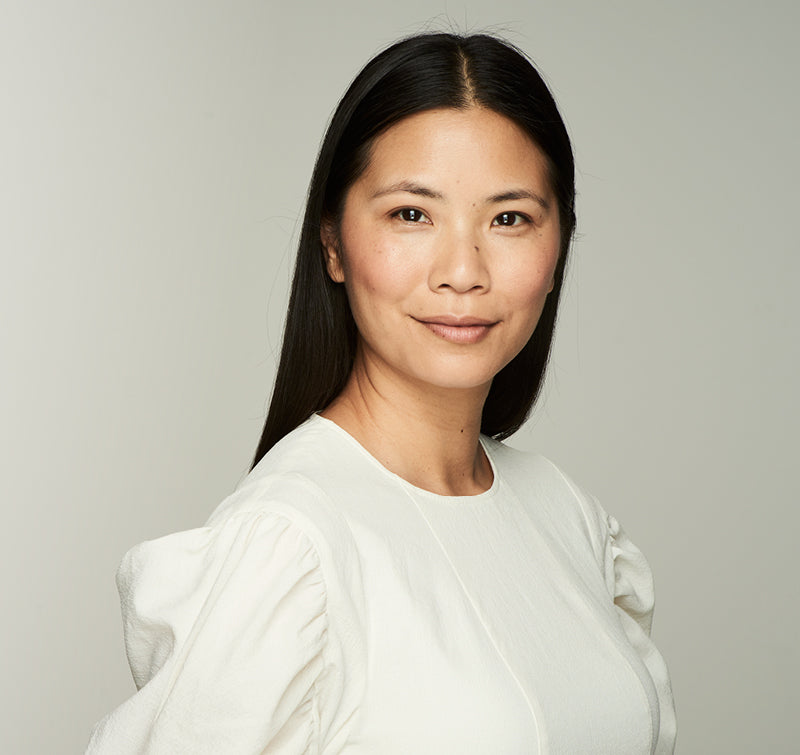
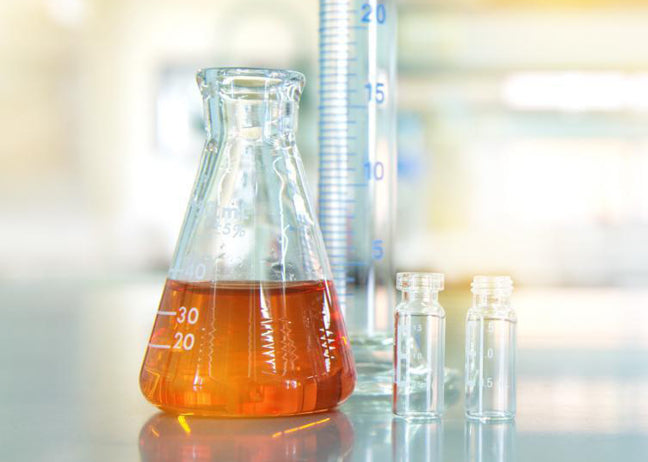
As well as Manuka honey, our skincare harnesses a range of powerful ingredients from the hive and nature to target skin issues. As well as what we put into our products, it’s also important to consider what we’ve left out – SLS, SLES, Parabens, Phthalates, Mineral Oil, Siloxanes, Aluminium, DEA, MEA.
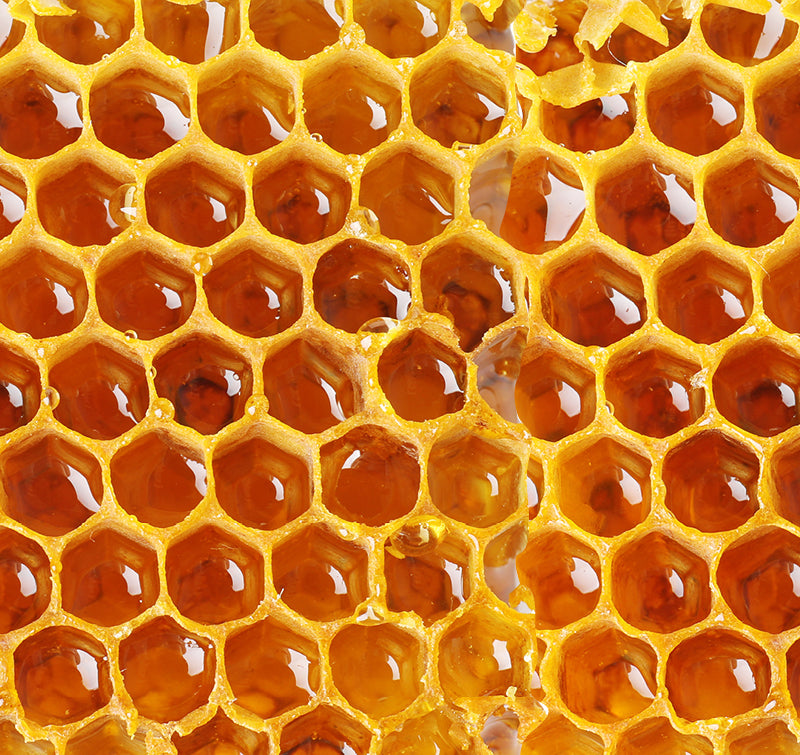
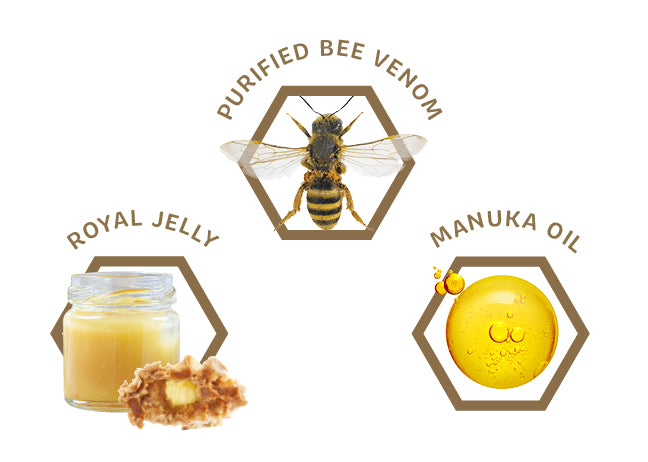
We’re committed to have zero landfill waste across our entire skincare range by 2026 and our new range has made a great leap towards this goal. Our packaging now has increased sustainability and is 100% recyclable. Our bio-plastic tubes are created using ethanol pressed from sugar cane plants. Our labels are created using a 100% wood-based residue left over from the pulping process in sustainably managed forests. Our cartons have no plastic wrapping to seal our boxes or foil print which is non-recyclable.

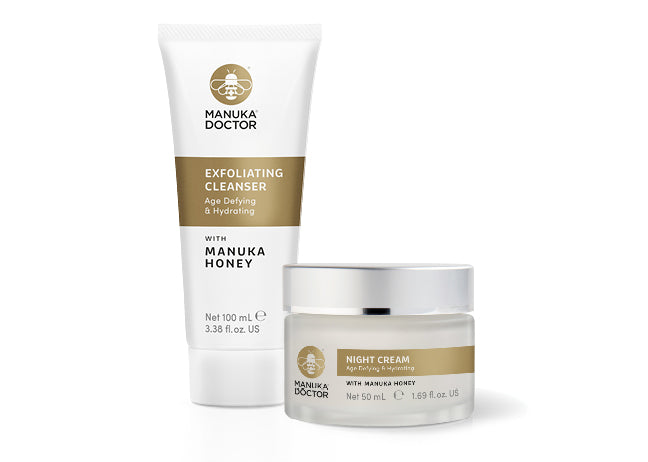
Not only is our packaging moving to be more sustainable, we also take great care to ensure future supply of our Manuka honey. We have committed to plant at least 360,000 Manuka bush seedlings, creating one of the biggest privately-owned wild Manuka plantations in New Zealand.
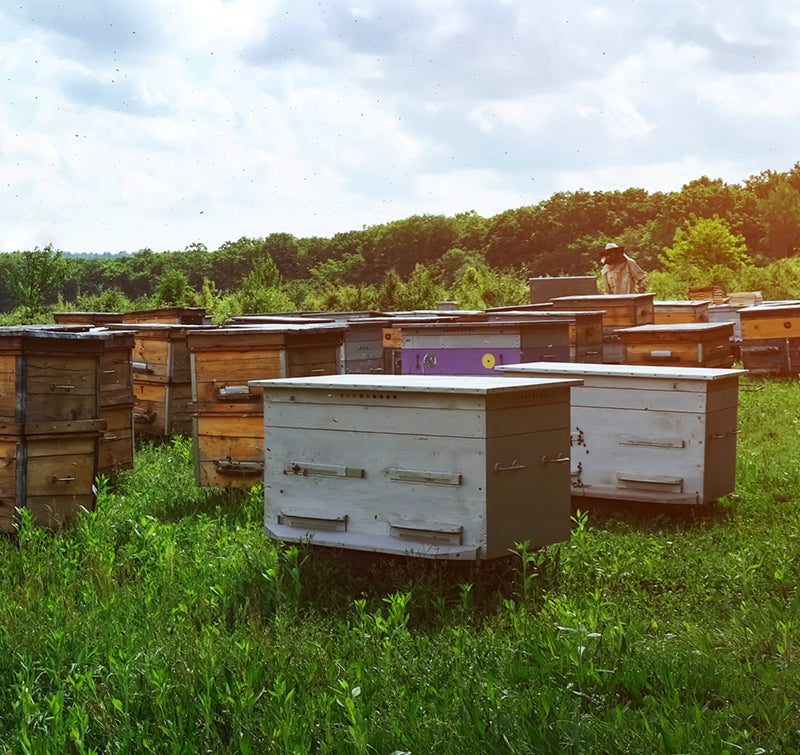
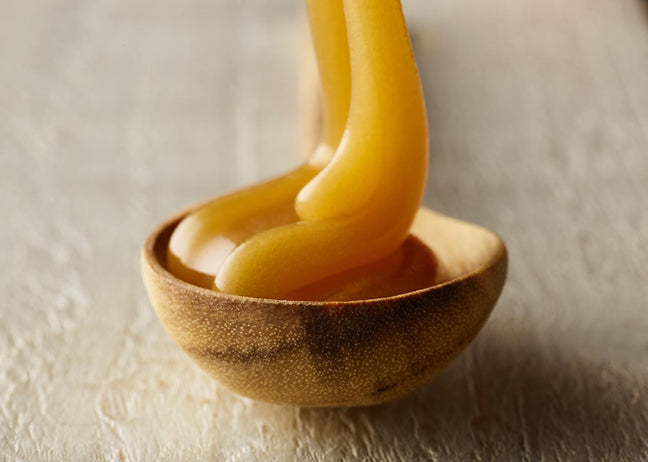
Our bees live happily in open, natural surrounds and are not affected by how we source their honey or venom. The ingredients are extracted using a safe process that ensures that the bee's lifespan, well-being and performance are not affected. In order to maintain the highest quality honey and venom harvesting, and to ensure that the bees are kept at optimal health, all beekeepers undergo continuous training to ensure the highest standards.
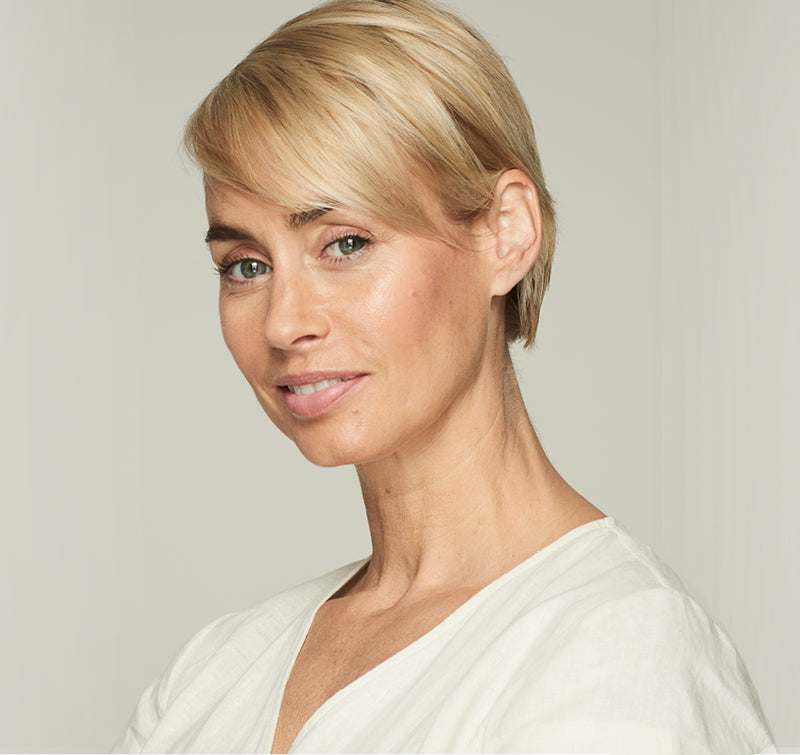
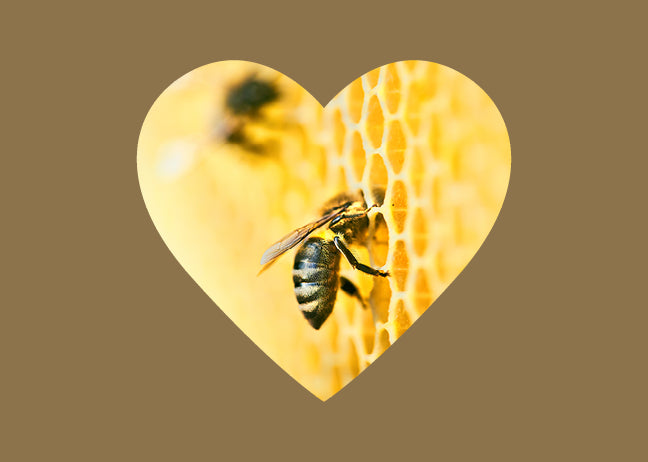

From home remedies to a GP-approved tonic, this is how doctors suggest dealing with colds.
20/11/24

The Loyalty Hive allows you to earn Hive Points every time you shop which you can redeem against a future order to save money. Your Hive Points balance is reset every year.
25/07/23
Learn more about our Manuka Honey skincare range.